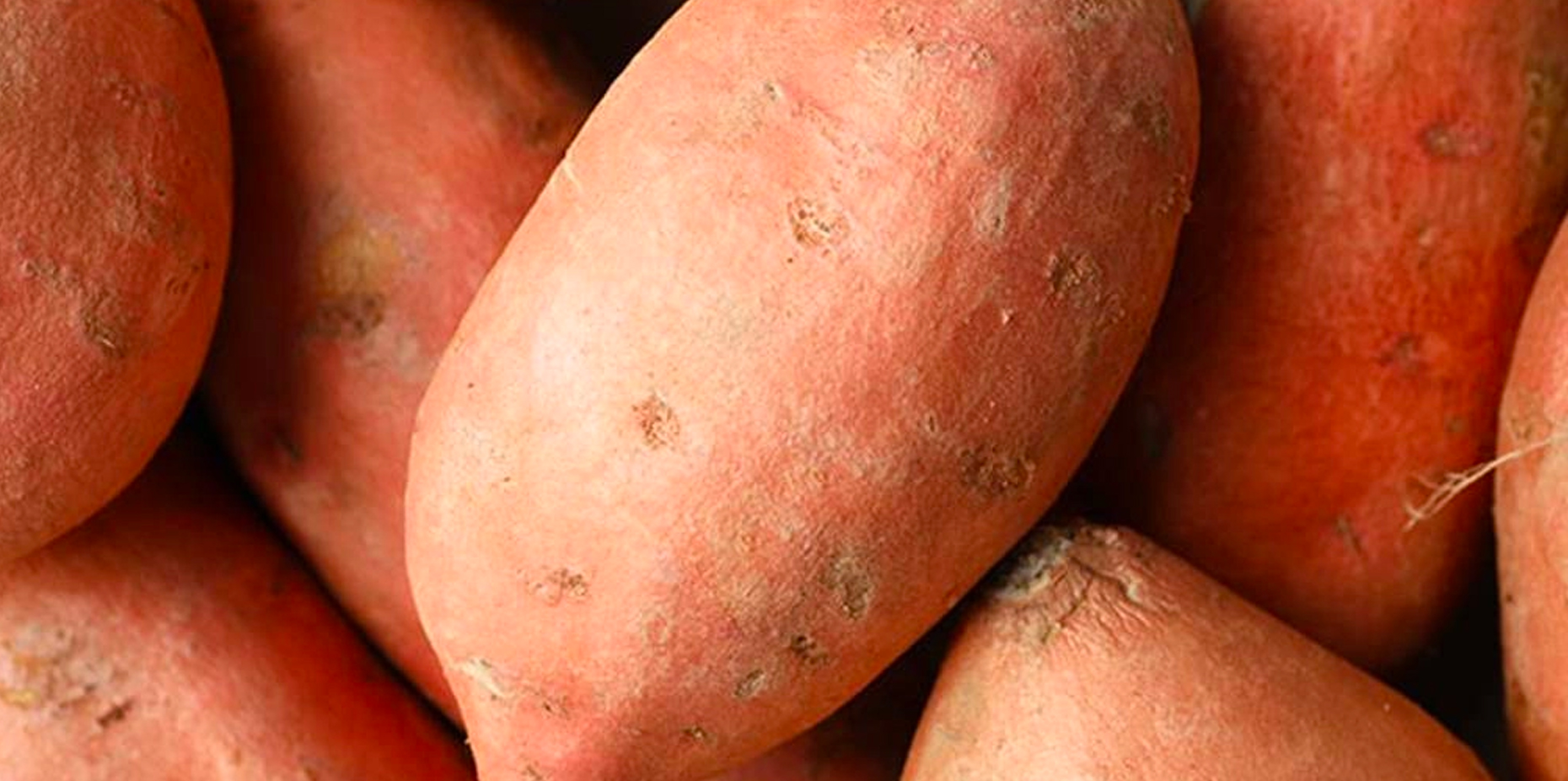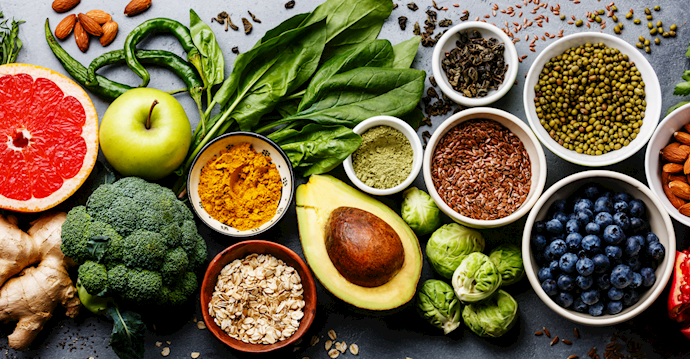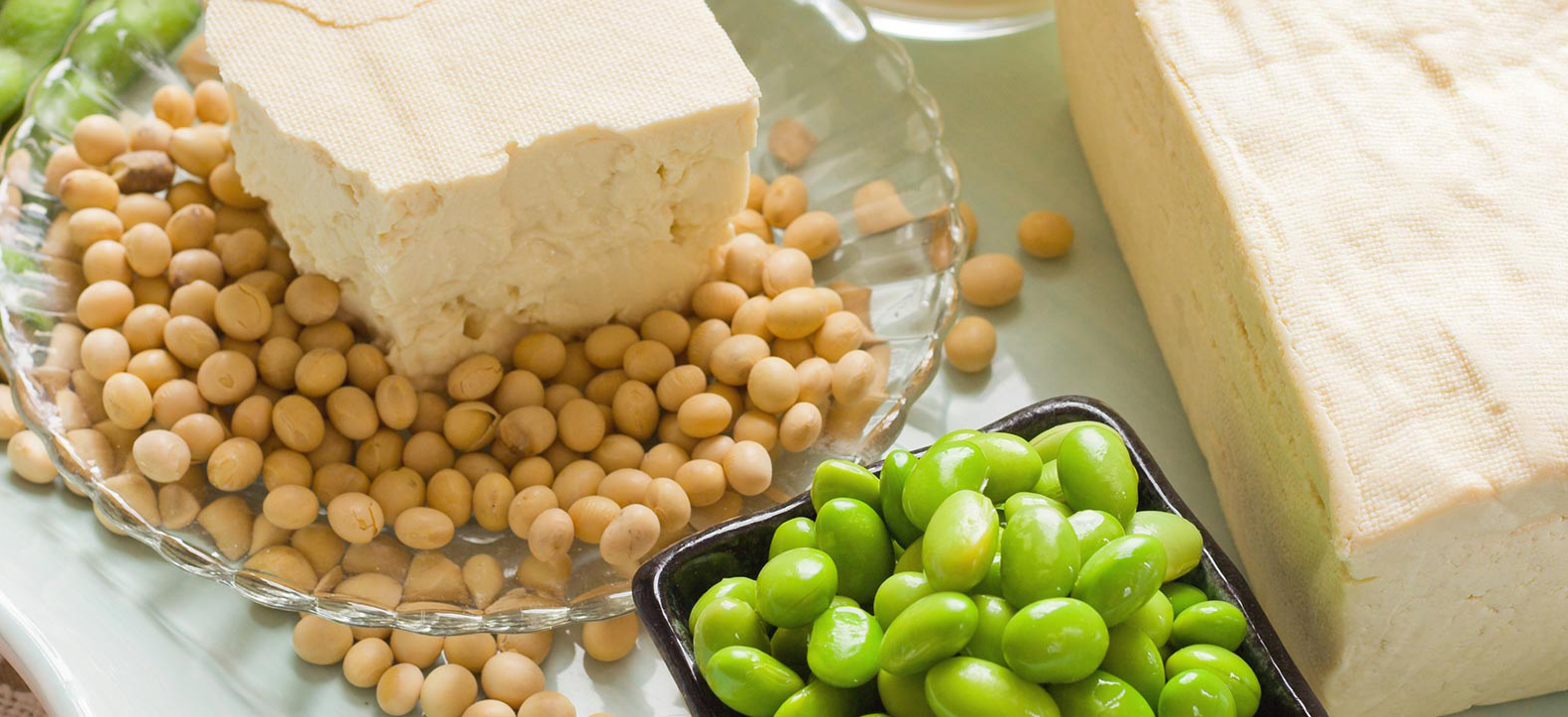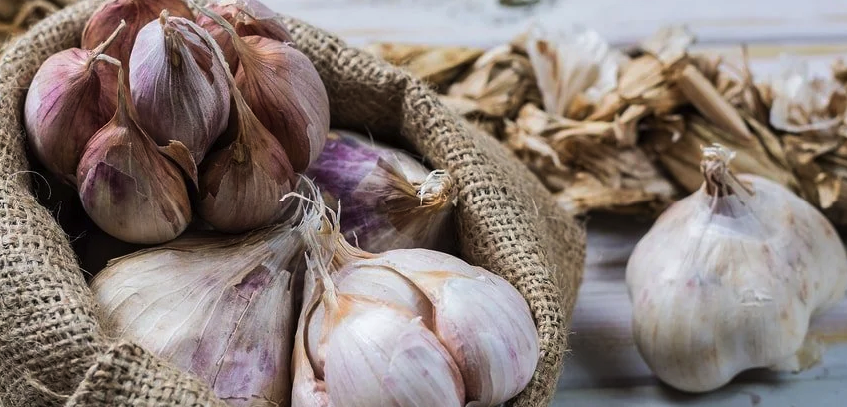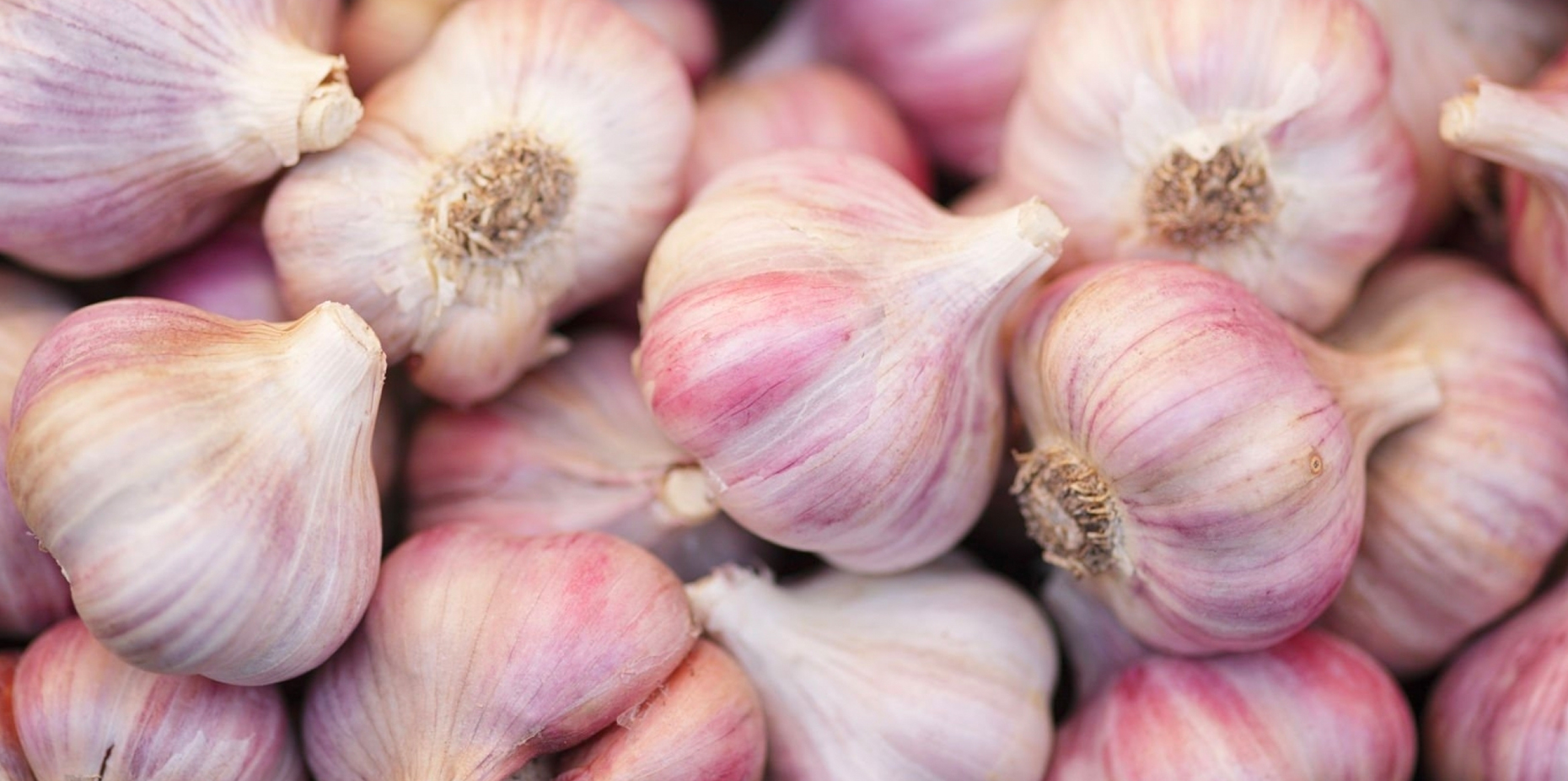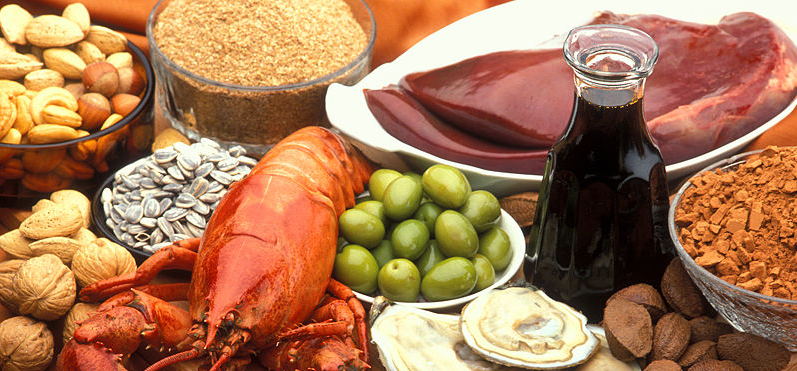Sweet potatoes, also called Ipomoea batata, belong to the Convolvulaceae family.
Sweet potatoes are a staple crop around the world. They not only are consumed by humans but contribute to animal and industrial needs. They have been recognized as the second staple food and were ranked as the world’s seventh most important food crop in 2010 (1).
Sweet potatoes contain a high amount of nutrients and have even been named the highest among vegetables for nutritional value in the USA (2).
These delicious vegetables not only add wonderful flavors to your meals but have several health benefits too. Keep reading to find out all you need to know about sweet potatoes.
Fun Fact: February is National Sweet Potato Month!
Table of Contents
History & Facts
Sweet potato originates from tropical regions in South and Central America. Early cultivation records of sweet potato date back to 750 BC in Peru. This colorful vegetable was believed to be collected by voyagers and brought to Polynesia and New Zealand around 1150-1250 AD (3). It was brought to Spain in the 1500s and later to America. It wasn’t until the 1700s that the term sweet potato began to be used to distinguish itself from the white potato.
Typically, sweet potatoes are orange in color but you may find them to be different hues of orange. They may even be completely different colors altogether like white, red, pink, purple, and yellow.
Did You Know?: Sweet potatoes were not only considered a superfood but also an aphrodisiac by Europeans in the 16th century.
Nutrition Facts
Sweet potatoes are a great addition to the diet not only because of their taste but also their impressive nutrient profile.
Macronutrients
Per one serving (around 1/2 cup) of baked sweet potato, there are (4):
- Calories: 90 calories (kcal)
- Fat: 0.15 grams (g)
- Carbohydrates: 20.7 grams (g)
- Protein: 2.01 grams (g)
- Fiber: 3.3 grams (g)
Sweet potatoes are a great option if you are looking for something low in fat and high in fiber. In one serving of sweet potato, there are 3.3 grams of fiber. The majority of Americans do not get the recommended daily amount of fiber, around 28 grams, making sweet potato a great choice to get some added fiber into the diet. Eating a diet rich in fiber can help increase the feeling of fullness, reduce blood sugar spikes, lower cholesterol, and promote gut health.
Vitamins & Minerals
In just one serving (1/2 cup) of baked sweet potato, there are tons of vitamins and minerals (5):
- Calcium: 38 milligrams (mg)
- Magnesium: 27 milligrams (mg)
- Phosphorus: 54 milligrams (mg)
- Potassium: 475 milligrams (mg)
- Vitamin C: 19.6 milligrams (mg)
- Folate: 6 micrograms (mcg)
- Vitamin A: 19,200 international units (IU)
- Beta carotene: 11500 micrograms (mcg)
Sweet potatoes are a great source of several minerals, calcium, magnesium, phosphorus, potassium, and folate, all of which our bodies need to function daily.
As you can see above, sweet potato contains several different antioxidants, including beta carotene, and vitamins like vitamin A and vitamin C (6). Beta carotene is also a precursor for vitamin A, meaning it converts to vitamin A in the body. Beta carotene is what gives sweet potatoes their orange hue but also plays a role as an antioxidant. Antioxidants help decrease the number of free radicals in the body which cause cell damage and can sometimes later lead to cancerous cells (7).
There is a high amount of vitamin A in sweet potatoes. Vitamin A plays important roles in our organs including eyes, skin, and immune system function (8). Our bodies cannot produce it on their own, making it an essential vitamin that we must obtain through our diet (9). In developing countries, vitamin A deficiency is a huge problem, causing skin disorders, and eye problems and can eventually lead to blindness. This makes sweet potatoes a wonderful crop to have to help prevent this devastating deficiency.
Summary:Sweet potatoes pack a punch with the number of nutrients they bring to the table. They are high in things like fiber and beta carotene and contain several different vitamins and minerals too, vitamin A and vitamin C to name a couple.
Health Benefits
Sweet potato not only contains tons of nutrients but there are several advantages to adding it to your diet. Let’s take a look at some of the health benefits.
It May Help Prevent Diabetes
Although sweet potato is a starchy vegetable that contains carbohydrates, it has been recognized by the World Health Organization as a root vegetable with “anti-diabetic” activity (10).
Studies have found that sweet potatoes may help to stabilize blood sugar levels and even decrease insulin resistance (11). A review study found that eating 4 grams of sweet potato per day for six weeks significantly reduced fasting blood sugar levels and hemoglobin A1c (12). However, more human studies need to be conducted to confirm these findings.
Summary: Studies have found that eating sweet potatoes may help stabilize blood sugars and have been recognized to have “anti-diabetic” activity.
It May Promote Gut Health
Sweet potatoes contain fiber and antioxidants, both of which may be beneficial for gut health. Fiber helps prevent constipation and keep bowel movements regular. Studies have found that the antioxidants in sweet potatoes promote the growth of healthy gut bacteria like Bifidobacterium and lactobacillus (13). Having a high amount of these types of gut bacteria in your body are great for improving gut health, keeping bowel movements regular, and decreasing the chance of digestive conditions like irritable bowel syndrome (IBS).
Moreover, sweet potatoes are rich in resistant starch, another fiber that promotes healthy gut bacteria. They are also high in prebiotics, which are dietary fibers that support the growth of beneficial bacteria in the colon. Prebiotics has been shown to improve digestive health, including reducing constipation and diarrhea, when taken regularly over time (14).
Summary: Due to the high amount of fiber and antioxidants sweet potatoes contain, they may help promote gut health by keeping bowel movements regular and increasing the number of good bacteria in the gut.
It Supports Eye Health
As mentioned above, sweet potatoes are rich in vitamin A and beta-carotene. Beta carotene is the compound responsible for the orange hue that sweet potatoes display. Beta carotene has been noted to help reduce the risk of macular degeneration (15). Age-related macular degeneration is a type of eye disease that occurs in older adults, damaging different areas of the eye and causing vision loss (16). It is the leading cause of vision loss in adults 60 years and older.
Studies have shown that consuming fruits and vegetables that are high in vitamin A, like sweet potatoes, decreases the risk of age-related macular degeneration and promotes eye health (17). Sweet potatoes contain vitamin C and selenium, which have also been reported as acting antioxidants that reduce oxidative stress in different regions of the eye (18).
Summary: Sweet potatoes contain vitamin A and beta carotene, both of which may support eye health and prevent conditions like age-related macular degeneration in older adults.
Ways To Consume
Sweet potatoes can be made simply and are so naturally delicious.
To enjoy, you may want to try roasting, baking, frying, steaming, boiling, or pan-cooking them. You can eat them without the skin, but you’ll get even more fiber and nutrients from them if you keep the skin on.
Other popular ways to enjoy sweet potatoes include:
- Mashed sweet potatoes
- Sweet potato pancakes
- Slicing and roasting into chips
- Sweet potato salad
- Cutting, adding seasoning, and making them into your favorite type of fries.
- Sweet potato puree
- Baked sweet potato, adding your favorite toppings
- Sweet potato hash
Summary: Sweet potatoes can be enjoyed in a variety of different ways. The most simple ways to enjoy may include roasting, baking, steaming, or boiling with simple seasonings. There are tons of recipes out there you may want to try, too.
Potential Risks
Overall, sweet potato is part of a balanced diet for most people. However, it may be a risky food to consume for some people with certain health conditions.
- It May Increase the Risk of Kidney Stones: In general, sweet potatoes are considered safe. However, they contain a relatively high amount of oxalate. High intakes of oxalate can increase the risk of kidney stones for some people (19). Ask your doctor if you may be at risk before adding it to your diet.
- Eating Excess May Result in Vitamin A Toxicity: Because sweet potatoes contain a high amount of beta-carotene and vitamin A, eating too many of them can not only cause your skin to turn orange but can cause toxicity (20). This is because vitamin A can build up in the body and cause symptoms like nausea, vomiting, bone pain, and blurry vision. Vitamin A toxicity is also called hypervitaminosis A (21). Long-term complications of excessive amounts of vitamin A can cause issues like osteoporosis, liver damage, calcium build-up, and kidney damage.
Summary: Overall sweet potatoes are a healthy addition to any diet but some people may be at risk for eating them. Those who are at risk for kidney stones should talk to their doctor first. Additionally, it is important to be aware that eating an excessive amount of sweet potatoes may result in vitamin A toxicity.
Frequently Asked Questions
Which is better to eat, sweet potato or regular white potatoes?
Both sweet potatoes and regular potatoes contain similar amounts of macronutrients like calories, fat, protein, and carbohydrates. Comparing the two, sweet potatoes appear to have a better effect on blood sugar than regular potatoes. Additionally, sweet potatoes contain a higher amount of beta-carotene. Some sweet potatoes also have a higher number of fiber in them than white potatoes.
What should I be looking for when buying sweet potatoes?
When shopping, it can be helpful to look for firm sweet potatoes that are free of blemishes. Look for ones that don’t have any holes or cracks and are without bruises on them. If you are in a time crunch, many stores also sell sweet potatoes pre-cubed and pre-sliced, fresh, and even frozen. Keep in mind however that these options are typically a bit more expensive.
How should I store sweet potatoes?
Sweet potatoes are best stored in a cool, dry place, not the refrigerator. When potatoes are refrigerated, they will often turn hard and starchy and have an unpleasant taste. If you have a basement or a cellar this is an ideal place to store them. When properly stored they can last for one to up to six months.
Did You Know?: The level of antioxidant activity increases with the color intensity of the inside of the sweet potato (22). So, sweet potatoes that are purple, red, and dark orange tend to have higher amounts of antioxidants.
Conclusion
Sweet potatoes are an excellent next vegetable to try if you haven’t already. They are naturally sweet and delicious and can be prepared in a variety of ways. If you can, the best way to get the most nutrients out of them is to keep the skin on.
If you are looking for a great source of fiber, vitamins, and antioxidants, sweet potato is a great choice. Plus, there are a ton of health benefits that you may be missing out on. Get your hands on some sweet potatoes today!



